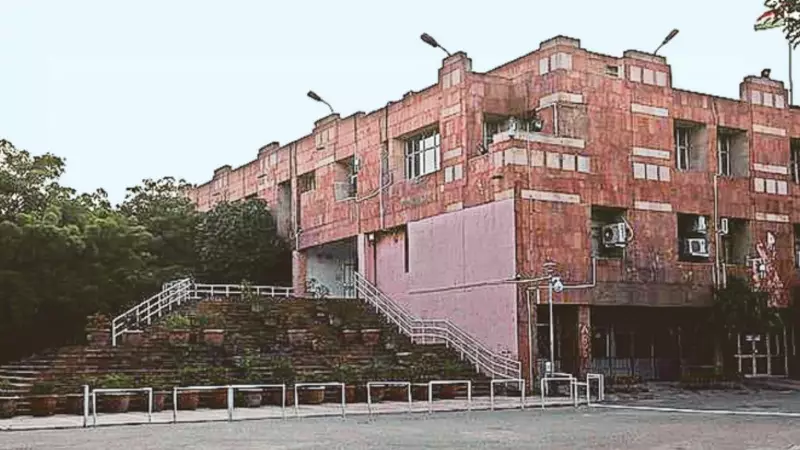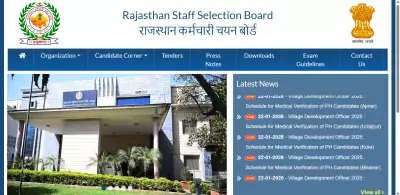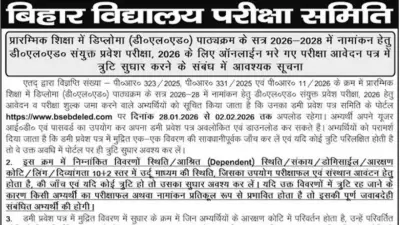
As Jawaharlal Nehru University buzzes with election fervor for its student union polls, the campus that has historically been a crucible of Indian political leadership is once again in the spotlight. But what happens after the slogans fade and the posters come down? We trace the fascinating journeys of JNU's former student presidents who've transitioned from campus politics to influential roles across diverse sectors.
The Political Trailblazers
Several JNU student union presidents have made significant leaps into mainstream politics, becoming household names across India. Kanhaiya Kumar, who led the JNUSU in 2015-16, now represents the Communist Party of India as a Member of Parliament. His journey from campus firebrand to national politician exemplifies how JNU has served as a launchpad for political careers.
Other presidents have joined major political parties, with many securing positions in youth wings and taking on responsibilities in party organization and strategy. The transition from student politics to mainstream political engagement appears to be a natural progression for many JNU alumni.
Academic Pursuits and Intellectual Contributions
Not all former presidents have chosen the political arena. Many have channeled their leadership experience into academic excellence, pursuing higher studies at prestigious institutions worldwide. Some have returned to JNU and other universities as faculty members, shaping the next generation of thinkers and leaders.
Their research contributions span diverse fields including international relations, social sciences, and public policy, demonstrating that the skills honed in student politics—critical thinking, public speaking, and organizational management—serve equally well in academic pursuits.
Bureaucracy and Civil Service
The corridors of power in Indian bureaucracy also count JNU former student presidents among their ranks. Several alumni have cleared the prestigious Civil Services examinations and now serve in various administrative capacities. Their experience in handling campus issues and representing diverse student interests appears to provide excellent preparation for public administration roles.
Grassroots and Social Activism
Beyond formal institutions, many former presidents have continued their commitment to social change through grassroots activism and non-governmental organizations. Their work addresses pressing issues ranging from educational equity and environmental justice to workers' rights and gender equality, maintaining the spirit of social engagement that characterizes JNU's political culture.
The JNU Legacy Continues
As a new generation of student leaders prepares for elections, they look to these alumni as examples of how campus leadership can evolve into meaningful careers. The diversity of paths taken by former presidents underscores JNU's role not just in creating politicians, but in developing leaders across multiple sectors of Indian society.
The upcoming elections will undoubtedly produce new leaders who will eventually join this distinguished network of JNU alumni, each adding their unique chapter to the institution's rich legacy of producing thinkers, reformers, and nation-builders.





